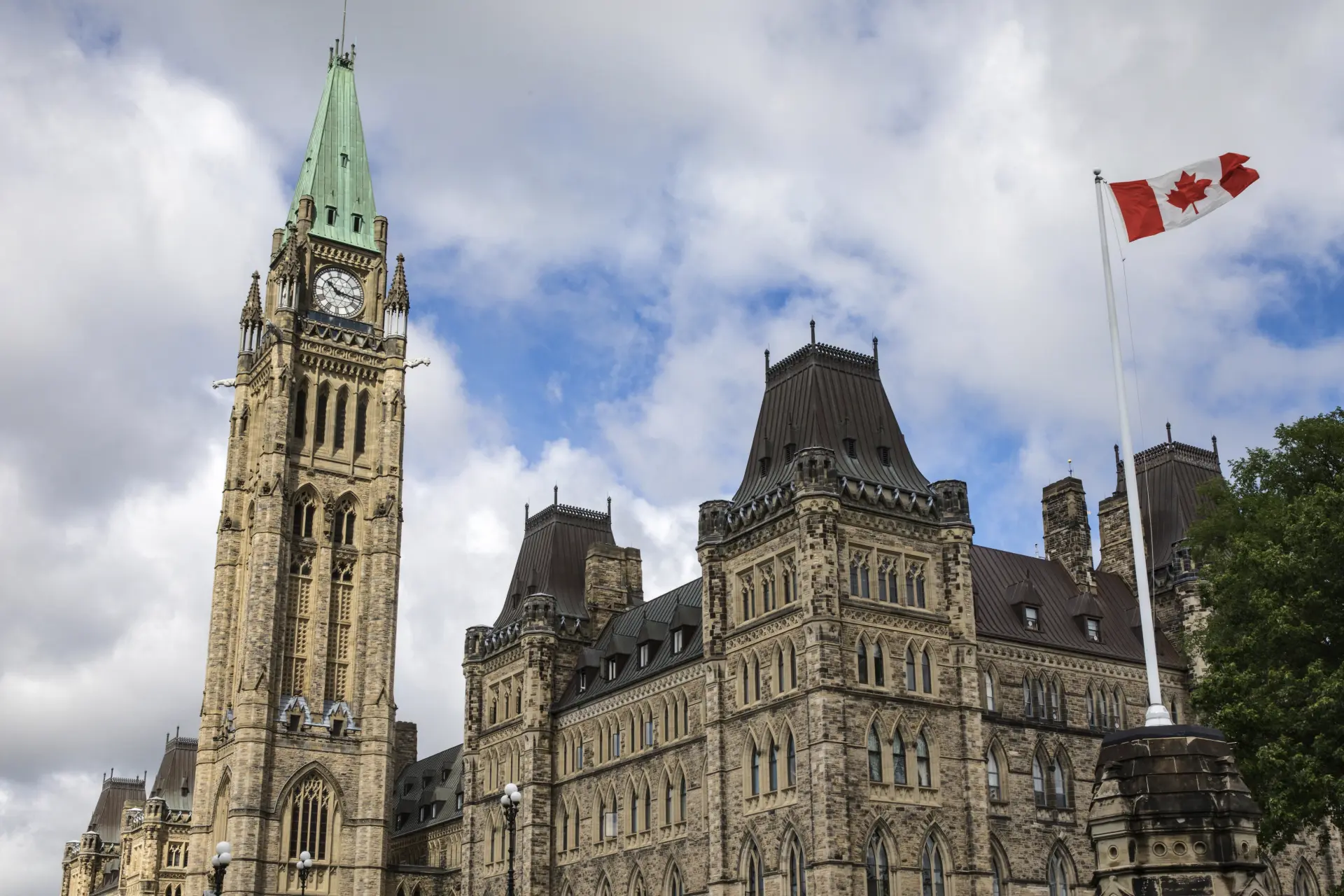The Federal and Ontario Carbon Systems – A Comparison

Since this time last year, the Ontario industry has been kept busy navigating a changing policy and regulatory landscape regarding carbon pricing. This issue has encompassed a myriad of topics: political positioning, intergovernmental and constitutional challenges, and rapid regulatory changes. While it is not unusual for a public policy issue to include all of these facets, it tends to be stretched out over several years, and election cycles; in the case of carbon pricing these factors are happening at the same time, thereby making it a more daunting process for companies to follow.
To that end, Sussex has endeavoured to keep its clients apprised of every move regarding the issue of carbon pricing as it has shifted from the provincial level – with the repeal of the Ontario cap and trade system in July 2018 - to the subsequent federal government imposition of its carbon pricing backstop, which is to be implemented in any province or territory that does not have an approved carbon pricing system in place.
Since then, those entities that were under the Ontario cap and trade system have terminated their participation in that system by adhering to Ontario’s Cap and Trade Cancellation Act, 2018. The Act also outlines how eligible carbon allowances will be compensated; a recent regulation under the Act (O.Reg 9/19 – Compensation) provides specific direction for this process. In parallel to this process, Ontario companies have had to shift their attention to the federal backstop in order to determine whether their sector / facilities are included in the Output Based Pricing System (OBPS), and, if not, to begin preparing for the carbon tax that will imposed on fuels as of April 1st, 2019.
Those obligated under the federal OBPS have since been required to register and understand their respective requirements, some of which will not be finalized under the defined list of industry standards until this Spring. Revenue collected from within Ontario will be returned to Ontarians by way of a rebate or funding programs specific to Ontario.
In parallel to the federal policy design process, there remains a great deal of activity at the provincial level. The provincial government has been adamant in its rejection that the federal government has the constitutional right to impose its carbon pricing system on Ontario or any other province if that province has developed its own plan to address climate change and reduce emissions but does not necessarily include a carbon tax or equivalent carbon pricing system. In September 2018, Ontario announced its intent to launch a legal challenge against the federal government, similar to that launched by the Saskatchewan government. The Government of Ontario then released its Made-in-Ontario Environment Plan in November 2018. The Plan includes the government’s approach to fighting climate change, which includes the proposed development of provincially-set Emissions Performance Standards. Like the system developed in Saskatchewan, it is proposed to cover industrial entities in the province that emit over a set amount on an annual basis. The Plan does not include a carbon tax on fuels, unlike the federal backstop.
That brings us to last week, as Ontario released its regulatory proposal for the development of its Emissions Performance Standards (EPS). As noted in the proposal details, the proposal considers “flexible compliance mechanisms that would include receiving compliance units as an incentive for performing better than the standard, for voluntary emission reductions by others, or payments to purchase compliance units from the government.” (ero.ontario.ca/notice/013-4551)
There are some common elements between the proposed EPS and the federal OBPS, as well as some clear differences. To provide clarity on this front, Sussex has compared the two systems.
Similarities
- Ontario proposes to cover the same sectors as those covered by the federal OBPS, at a minimum, including electricity (which is notably absent from Saskatchewan’s proposed large emitters system).
- Both systems recognize the vulnerability of emissions intensive, trade-exposed industries.
- Both systems propose using sectoral emissions intensity for sectors with numerous facilities and facility-specific standards in cases where a very small number of facilities exist in a given sector.
- Under both systems the compliance period begins on January 1, 2019.
Differences

It is not yet known if the proposed EPS, once finalized by July of 2019, will be accepted by the federal government and replace the OBPS. The outcome of the legal challenge, which is meant to be heard in April, will impact which system will remain in place. Given this uncertainty, Sussex strongly encourages those entities that are obligated under either system to participate in the upcoming consultations and targeted outreach with the Ontario Ministry of Environment, Conservation and Parks (MECP) while concurrently engaging in any discussions on the federal level as well.
Our team is following all of this closely on both levels of government; please let us know if you have any questions.


